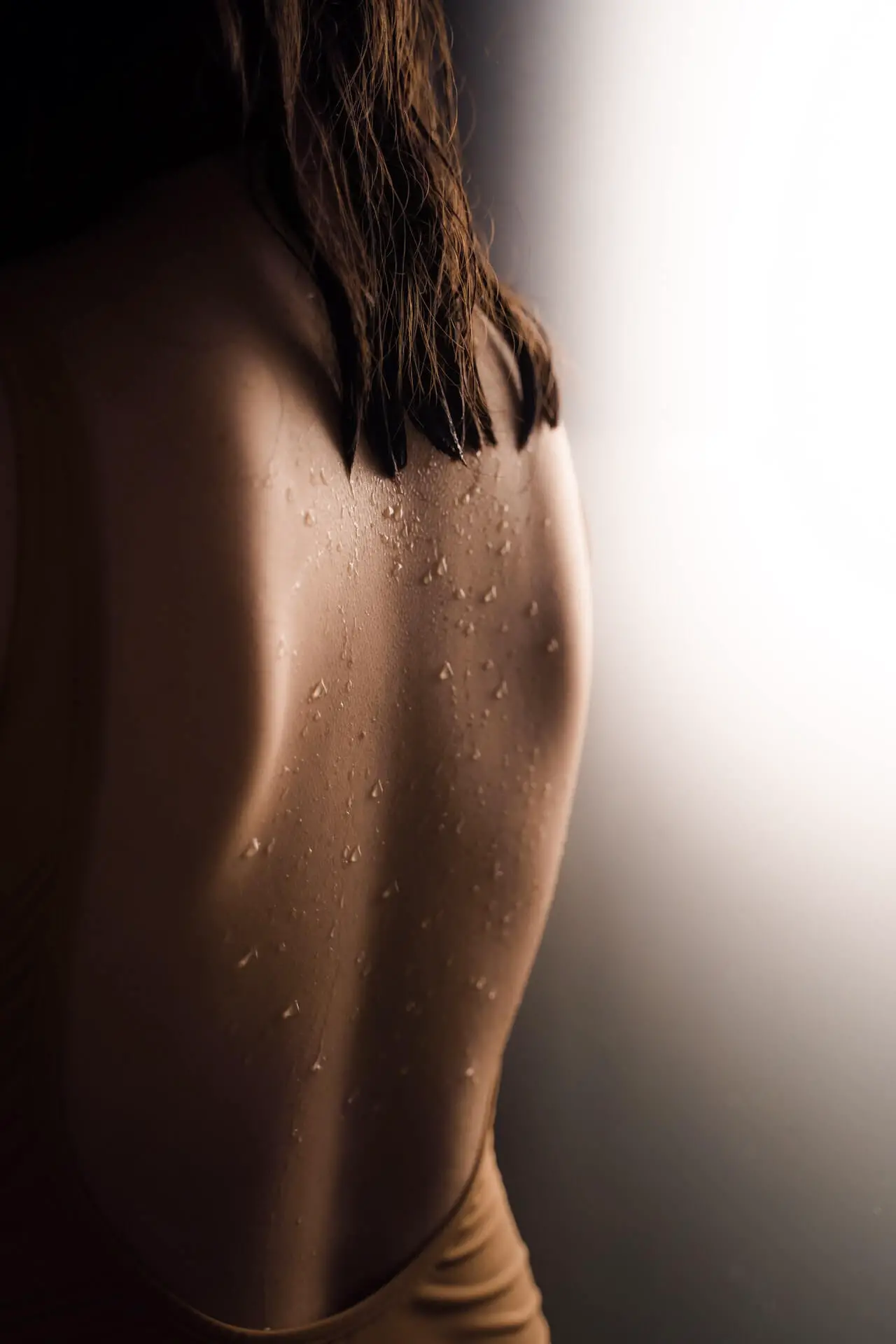So you just finished a swimming session, rinsed off in the shower, put on some clean clothes, and somehow ended up drenched in your sweat. What gives? You already finished exercising and showered, so why are you still sweating after swimming?

You may still be sweating after swimming because your body continues to have a higher-than-normal metabolic rate and higher body temperature, resulting in sweating until it cools down. Give yourself time to cool down by doing some light swimming or stretching, and try to keep yourself cool afterwards to not sweat after swimming.
Keep reading on to learn about the common causes of sweating after swimming, and ways you can prevent it.
Why Do We Sweat?
When you do any exercise, swimming included, your body temperature rises due to the increased metabolic activity. Sweating is your body’s natural cooling mechanism, helping you maintain a safe internal temperature.
This phenomenon is often referred to as “afterburn” or “excess post-exercise oxygen consumption” (EPOC), although these terms also encompass the elevated metabolism and calorie burn that happens post-workout.
Moreover, the cooling down process also depends on environmental factors, such as ambient temperature and humidity. For example, if the weather is hot or humid, you may sweat more than usual after exercise as your body tries to cool down. Drinking water and taking time to cool down after a workout can help reduce post-exercise sweating.
How to Cool Down After Swimming
Cooling down after swimming can involve lighter activity and stretching, much like cooling down from other types of exercise. Here’s a basic routine:
- Light Swimming: Just like you might jog or walk after a running workout, swimming a few slow, easy laps can help your body cool down.
- Stretching: Stretching can help ease your muscles after a strenuous workout. It’s particularly useful for swimming, which uses many muscle groups. Focus on the muscles you used the most during your swim, such as your shoulders, back, and legs.
- Physically cool yourself down. Whether that’s by having a cold drink, standing in front of a fan or AC, taking a cold shower, wearing cool and airy clothes, etc. As long as you decrease your body’s temperature, you will not sweat as much if at all.
Common Causes of Sweating After Swimming
Just as important as knowing what to do, you should know what to avoid doing after swimming if you don’t want to get drenched in sweat a second time. You will sweat if you do the following:
- Taking a hot shower. You might feel a little cold after getting out of the pool, but resist the urge to crank the heat up in the shower. Try to use lukewarm water or even cool water instead to prevent sweating.
- Eating or drinking something hot. Drinking hot coffee or eating a meal with hot soup is going to increase your body temperature and result in sweating.
- Wearing too much clothing. If you wear too many layers without giving your body a chance to cool off, then you will start sweating right away with too much clothes on after swimming.
- Staying in a warm environment. If it’s warm and humid outside, try to stay in the shade or in an air-conditioned room until your body cools down.
- A medical condition, such as hyperhidrosis. Hyperhidrosis is a condition where one sweats excessively without even exercising or being hot. If you have some kind of medical condition, please consult with a doctor about whether it’s safe to swim and ask how you might be able to deal with excessive sweating afterwards.
Sources:

